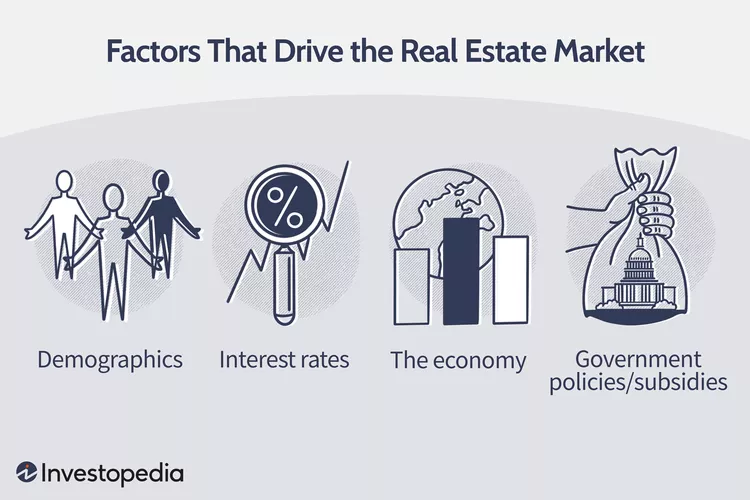Evaluate and Adjust
Refine your strategy by assessing performance and making smart tweaks. Our guide delivers clear steps, expert tips, and practical resources to help you spot improvements and optimize returns. For a detailed breakdown and a structured workflow, visit our dedicated Evaluate and Adjust Task Page.

Step 1: Measure Performance
Track Key Financial Metrics
Cash Flow: Calculate monthly or annual net income (rent minus expenses).
ROI (Return on Investment): Assess how much profit you’ve earned relative to the amount you’ve invested.
Equity: Keep an eye on how much principal you’ve paid down and how market appreciation has increased your property’s value.
Cap Rate: Net Operating Income (NOI) divided by the property’s current market value. Useful for comparing similar properties or gauging your investment’s performance against market norms.
Compare to Your Initial Goals
Benchmarks: Review the targets you set when you first purchased the property (e.g., target cash flow, target ROI).
Identify Gaps: If you’re not hitting your financial milestones, investigate why (e.g., higher-than-expected expenses, under-market rent, or high vacancy rates).
Why This Matters: Regularly measuring your investment’s performance helps you confirm whether you’re on track to meet your financial objectives. It can also highlight areas where you can cut costs or adjust your strategy for better returns.
Step 2: Consider Refinancing or Selling
Refinancing Opportunities
Interest Rate Changes: If market interest rates are significantly lower than your current mortgage rate, refinancing can reduce monthly payments.
Increased Property Value: When your property has appreciated, a cash-out refinance can free up capital for future investments or renovations.
When to Sell or Pivot
Underperformance: If the property consistently falls short of expected returns, explore whether a different location or investment type (e.g., short-term rentals, commercial properties) might yield better results.
Market Timing: In a hot market, selling could net a substantial profit. If the property’s long-term prospects seem weak, reinvest that equity elsewhere.
Why This Matters: Refinancing can enhance cash flow or enable portfolio expansion, while selling an underperforming asset helps you reallocate resources to more profitable opportunities. Regularly reevaluating keeps your portfolio optimized.
Step 3: Plan Your Next Steps
Scale Your Portfolio
Additional Properties: If you’ve met or exceeded your investment goals, consider using your equity, savings, or knowledge to purchase additional rentals or flips.
Diversify: Explore different types of real estate (multi-family, commercial, or REITs) to spread your risk.
Reassess Your Goals Periodically
Life Changes: Major events (e.g., marriage, career shifts, or retirement planning) may alter your risk tolerance or need for liquidity.
Market Conditions: If the local market changes (new developments, economic shifts), update your strategy accordingly.
Why This Matters: Continual growth and adaptation ensure your real estate journey remains aligned with your personal and financial goals. Periodic goal-setting helps you stay proactive and responsive to market shifts or personal circumstances.
Action Items
1. Perform an Annual (or Biannual) Financial Review
Analyze your performance metrics (cash flow, ROI, equity, and cap rate) to decide whether to hold, refinance, or sell.
2. Stay Updated on Local Market Trends
Track economic indicators (job growth, population shifts, new construction) and rental demands to spot opportunities for repositioning or expansion.
Summary
1. Measure Performance: Regularly review key metrics like cash flow, ROI, equity, and cap rate to assess whether you’re meeting your investment goals.
2. Refinance or Sell Strategically: Lower your payment through refinancing or free up equity to reinvest. If the property underperforms, consider selling or pivoting your strategy.
3. Plan Your Next Moves: Scale up if you’re achieving success, or adjust your goals and investment approach in response to personal life changes or market conditions.
By routinely evaluating your property’s financial performance and staying informed on market trends, you’ll be well-positioned to make timely decisions that maximize your returns and keep you on track with your broader investment objectives.
More Tools to Help You Evaluate
Always be on the look out for top tier professionals, you are officially in the rinse and repeat stage of your business. Having a go to pro for each scenario is crucial moving forward!
Cashflow vs Capital Growth | Real Estate Investing Strategy
Achieving financial freedom requires a massive portfolio of rentals and decades of effort” is a myth.
How to Buy a Rental Property With NO Money
Ken and Danille McElroy talk with Pace Morby @PaceMorby about purchasing real estate with no money down using “subject-to” and seller finance techniques. Learn from real-life examples and advice on navigating expired listings, foreclosures, and creative financing strategies to grow your real estate portfolio effortlessly.
More Investing Tips and Strategies Real Estate
Stay informed with the latest trends, insights, and updates in the real estate world.









